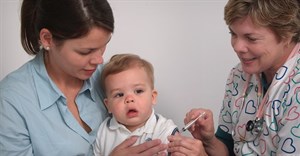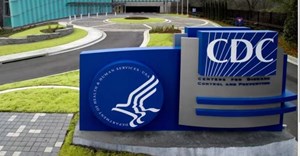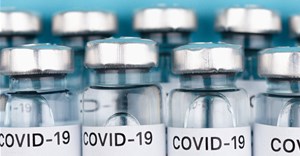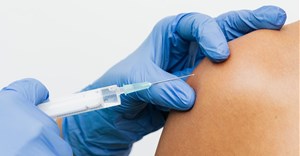UCT workshop looks at medicine and vaccine safety in pregnancy

The growing need to collect information on the safety of medicines and vaccines in pregnancy prompted by the creation of an international pregnancy exposure registry database by the World Health Organisation and various initiatives aimed at building pharmacovigilance capacity in Africa, and South Africa in particular.
“Ultimately, pregnant women should be confident about the safety of the medicines they use particularly for common potentially devastating conditions such as HIV, TB, hypertension, and malaria. Developing our ability to assess how exposures in pregnancy affect maternal and neonatal health is integral to achieving this," said Professor Landon Myer, head of School of Public Health and Family Medicine at UCT at a workshop hosted by the university's Centre for Infectious Diseases Epidemiology and Research (Cider), aimed at building capacity in Africa for the surveillance of poor birth outcomes by developing the science of teratovigilance.
At the workshop, clinicians, regulators, and scientists from Botswana, Cameroon, Malawi, Mozambique, Nigeria, South Africa, Zambia and Zimbabwe came together to share data, expertise and experience across sites and countries to build the critical capacity needed.
Information vacuum
Specific focus was given to exposure to alcohol, antimalarials, anti-epileptics and antiretrovirals. There was consensus on the importance and urgency of this work given the information vacuum in Africa where even prevalence rates of congenital disorders are unknown. The meeting represented a unique opportunity for collaboration across the region and a multidisciplinary approach to teratovigilance research acknowledging the correlation with improvements in clinical care of pregnant women and infants.
"The meeting really highlighted the overlap between communicable and non-communicable diseases – and not just by the potential teratogenic effects of drugs used during pregnancy, but due to the potential to integrate services in the ongoing continuum of care for all these conditions in an effort to improve the quality of care and life for the patient. There are also many parallels between HIV and birth defects that are worthy of further exploration," said Dr Helen Malherbe from the University of KwaZulu Natal concludes.















